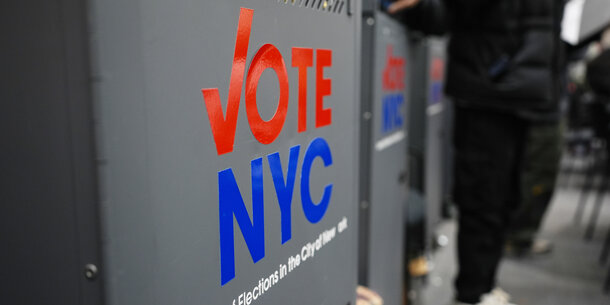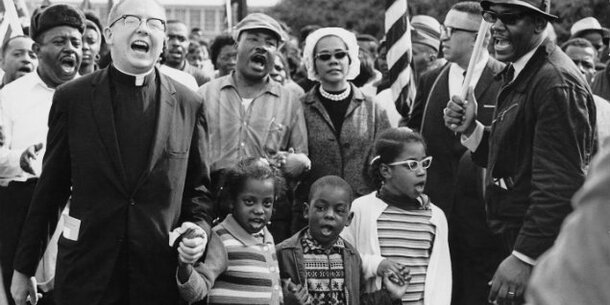Whatever happens with the indictment of former President Trump for his attempts to overturn the 2020 election, the pressures on our democracy continue — often to the detriment of Latinos and other growing communities of color.
Many politicians continue their efforts to undermine electoral systems and push anti-voter policies, prompting the reintroduction of legislation in Congress to establish baseline national standards to protect elections against sabotage. Known as the Freedom to Vote Act, the bill would also, importantly, end partisan gerrymandering and help curb big money in politics.
Many of these problems target the ability of Latinos and other communities of color to gain political power through the ballot box and the democratic process as their numbers grow.
The Freedom to Vote Act specifically addresses obstacles that harm Black and Latino voters, such as long lines on Election Day, by requiring states to ensure that lines last no longer than 30 minutes. It would also restrict states from blocking donations of food or water to voters waiting in line.
It may be hard to believe that these anti-voter practices exist and that we would need a congressional bill to stop them, but many conservative states have been busy in recent years passing such restrictive laws. Among other things, the laws also make voter registration more difficult, prevent early voting, close polling places, and limit voter assistance like language help for Spanish-speaking voters.
And gerrymandering, the discriminatory manipulation of voting district boundaries to favor the party in power, is a major reason Latinos lag in political strength in Texas despite the fact that they have surpassed whites as the largest ethnic and racial group in the state. When Texas lawmakers drew new congressional and legislative maps after the 2020 census, they shockingly failed to create any new Latino electoral opportunities in the metro areas where Latino communities are growing most rapidly. (Latino groups are challenging this omission in court.)
It is significant that among the federal charges that Special Counsel Jack Smith brought against Trump is violation of a civil rights law making it a crime to threaten or intimidate anyone in the “free exercise or enjoyment” of any right or privilege provided by the Constitution or by federal law.
That civil rights law, Section 241 of Title 18 of the U.S. Code, historically was used to prosecute the Ku Klux Klan for deterring Black Americans from exercising their voting rights and has been applied to punish broader efforts to subvert election outcomes. Many of the Trump campaign’s legal challenges and voter fraud allegations after the 2020 election centered on invalidating votes in cities and counties with large Black and Latino populations, including Detroit, Philadelphia, and Georgia’s Fulton County.
The escalating efforts to disenfranchise communities of color are an assault on our democracy at a time of profound demographic changes in our country. These attacks need to be repelled, with both old and new laws that protect our freedom to vote freely and equally.
A version of this article was originally published in Spanish by La Opinión.



